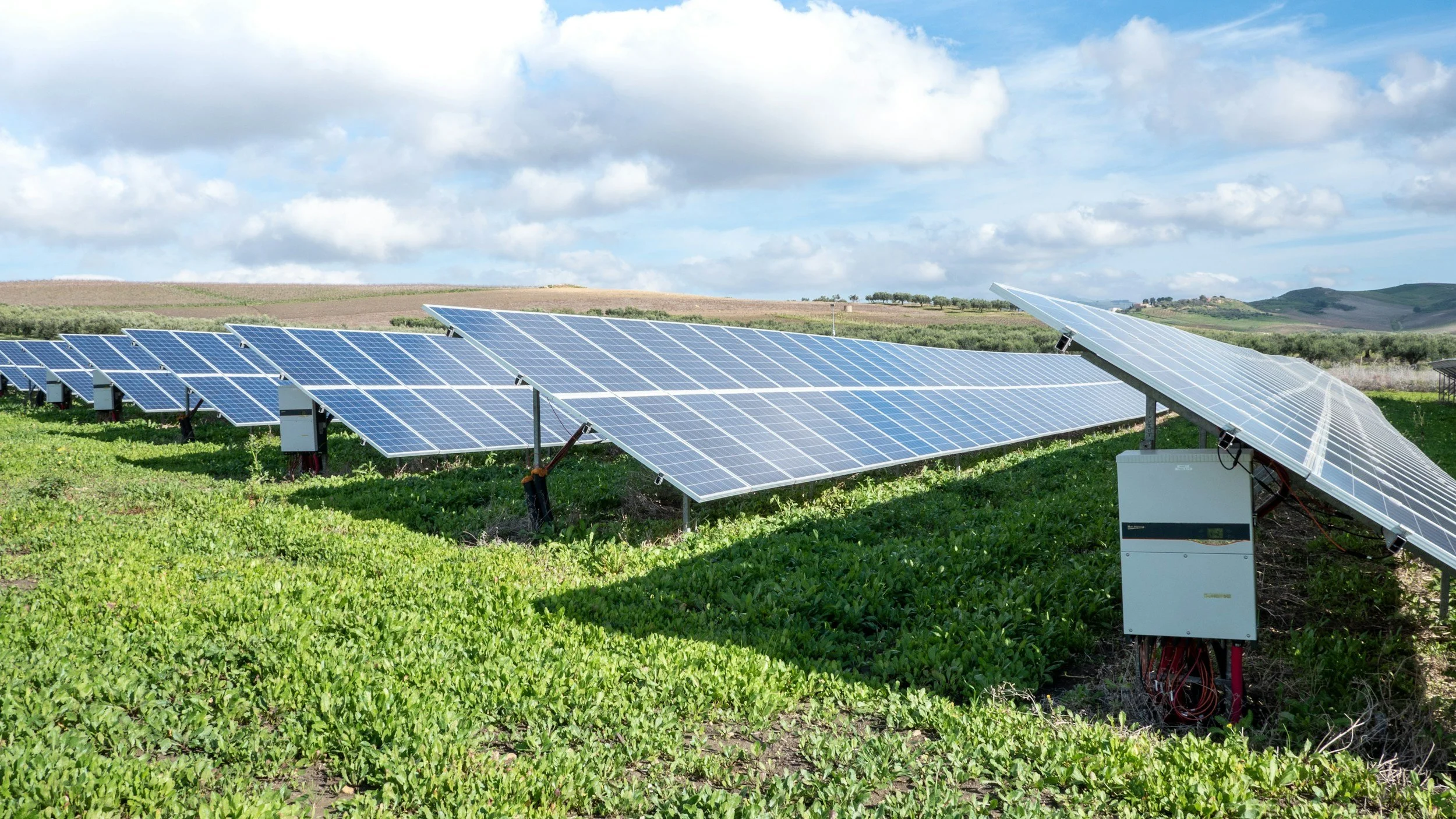Authors: Bryndis Woods, PhD, Deja Garraway, Alicia Zhang, PhD, Sagal Alisalad, Sumera Patel
Client: Slingshot
May 2025
On behalf of Slingshot (and their participation in the broader, grassroots Fix the Grid campaign in New England), this AEC report card utilized approximately 250 sources—including grid operator documents, research reports, and expert testimony—to develop and assign points across 34 metrics among three categories: 1) transparency is making information and materials publicly available; 2) accessibility is facilitating public awareness and involvement in grid operator processes; and 3) accountability is structuring governance and decision-making processes to incorporate viewpoints reflective of the diversity of the communities in each grid operator's territory.
The primary finding of the report card is that none of the seven U.S. grid operators perform particularly well in any assessment category and there is considerable room for improvement across grid operators in terms of transparency, accessibility, and accountability. The highest overall grade was a C+ earned by CAISO due to its strong performance in the accountability category. The lowest overall grade was an F earned by ISO-NE due to its receiving a failing grade in the accessibility and accountability categories. The five remaining grid operators (PJM, MISO, SPP, ERCOT and NYISO) each received an overall grade ranging from C- to D-.
News: Consumer Liaison Group Discusses ISO-NE’s Failing Accessibility Grade, June 4, 2025
News: ISO-NE should make its governance transparent, accessible and accountable, August 13, 2025







